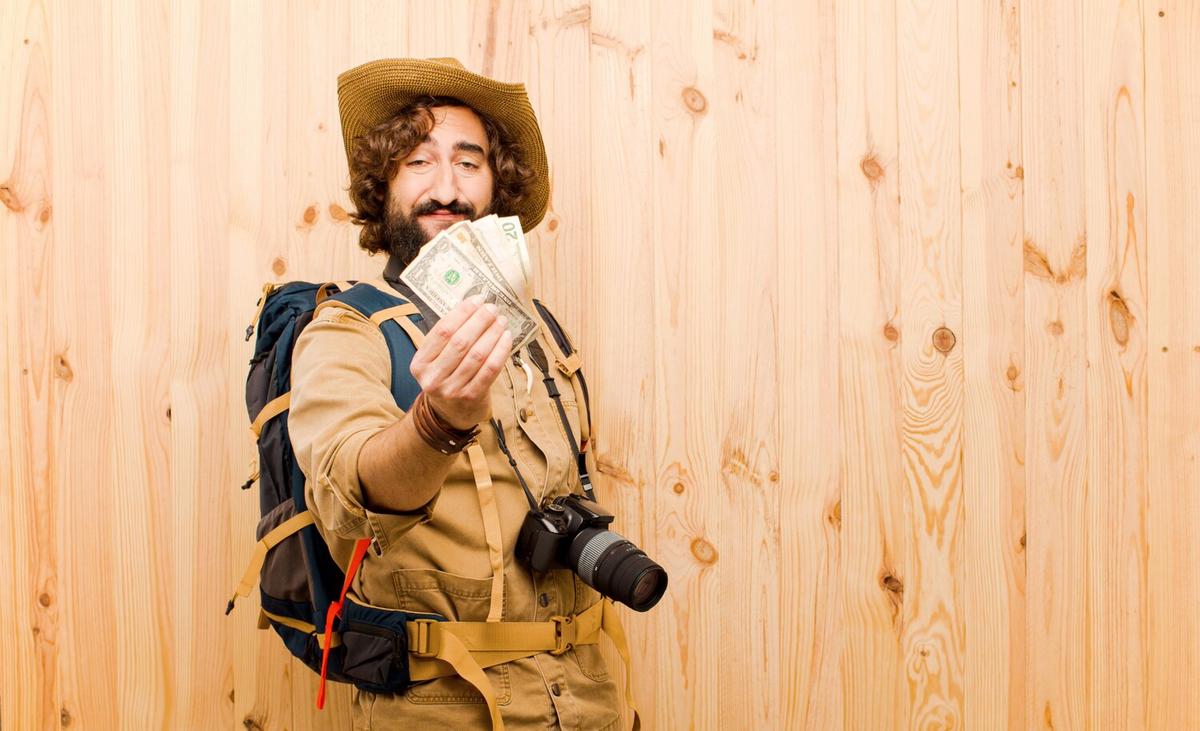Backpacking on a budget is an exciting and rewarding way to explore the world without breaking the bank. Whether you’re a student, a solo traveler, or someone looking to experience new cultures on a shoestring budget, this ultimate guide will provide you with everything you need to know to make your backpacking adventure affordable and unforgettable.
Why Backpack on a Budget?
Traveling on a budget encourages creativity, resourcefulness, and a deeper connection with the places you visit. It allows you to stretch your travel funds further, making it possible to explore more destinations. Plus, budget travel often leads to more authentic experiences, such as staying in local accommodations, eating street food, and using public transportation.
Expert Opinions
“Traveling on a budget doesn’t mean missing out. It means being savvy and making the most of every opportunity.” – Nomadic Matt
Statistics
According to a recent survey, 60% of travelers report that budgeting is a major factor in their travel planning. Moreover, 45% of backpackers travel for six months or more, showcasing the feasibility of long-term travel on a tight budget.
Personal Anecdote
On my first backpacking trip through Southeast Asia, I discovered the joy of budget travel. From the bustling markets of Bangkok to the serene beaches of Bali, I managed to travel for three months on a budget of just $1,500. The experience taught me valuable lessons in frugality and adventure.
Actionable Tips for Budget Backpacking
1. Plan and Research
Research your destinations thoroughly to find the most affordable options for accommodations, transportation, and activities. Websites like Hostelworld and Couchsurfing offer budget-friendly lodging, while Skyscanner can help you find the cheapest flights.
2. Travel Off-Peak
Traveling during the off-peak season can significantly reduce costs. Not only will flights and accommodations be cheaper, but popular tourist spots will also be less crowded.
3. Use Public Transportation
Instead of expensive taxis or rental cars, use public transportation. It’s often more affordable and provides a more authentic travel experience.
4. Cook Your Own Meals
Eating out can quickly drain your budget. Consider staying in accommodations with kitchen facilities and cooking your own meals. Shopping at local markets is both economical and a great way to immerse yourself in the local culture.
5. Look for Free Activities
Many destinations offer free or low-cost activities. From hiking trails to free museum days, there’s plenty to do without spending a fortune.
6. Pack Light
Avoid extra baggage fees by packing light. Stick to the essentials and use a carry-on backpack to save money and make your travels easier.
Budget Comparison Table
| Destination | Daily Budget | Accommodation | Food | Transportation | Activities |
|---|---|---|---|---|---|
| Thailand | $30 | $10 | $5 | $7 | $8 |
| Vietnam | $25 | $8 | $4 | $6 | $7 |
| India | $20 | $6 | $3 | $5 | $6 |
| Indonesia | $28 | $9 | $4 | $7 | $8 |
| Peru | $35 | $12 | $6 | $8 | $9 |
| Portugal | $40 | $15 | $10 | $7 | $8 |
| Morocco | $30 | $10 | $5 | $7 | $8 |
| Turkey | $32 | $12 | $6 | $7 | $7 |
Consider using a travel rewards credit card to earn points on your everyday purchases. These points can be redeemed for flights, accommodations, and other travel expenses, further reducing your costs.
FAQ
What is the best time to travel on a budget?
Traveling during the off-peak season is generally the most cost-effective. Prices for flights and accommodations are lower, and popular destinations are less crowded.
How can I find cheap accommodations?
Websites like Hostelworld and Couchsurfing offer budget-friendly options. Additionally, consider staying in hostels, guesthouses, or even camping to save money.
Is it safe to travel alone on a budget?
Yes, budget travel can be safe if you take the necessary precautions. Research your destinations, stay in well-reviewed accommodations, and always be aware of your surroundings.
How can I save money on food while traveling?
Cooking your own meals and shopping at local markets can significantly reduce food costs. Additionally, eating street food is often cheaper than dining in restaurants and provides a taste of the local cuisine.
Conclusion
Backpacking on a budget is not only possible but can also be incredibly rewarding. By planning ahead, being resourceful, and embracing the local culture, you can have an unforgettable travel experience without spending a fortune. So pack your bags, embark on your adventure, and discover the world on a budget!



Leave a Reply